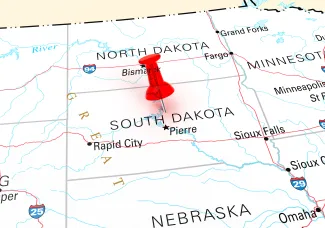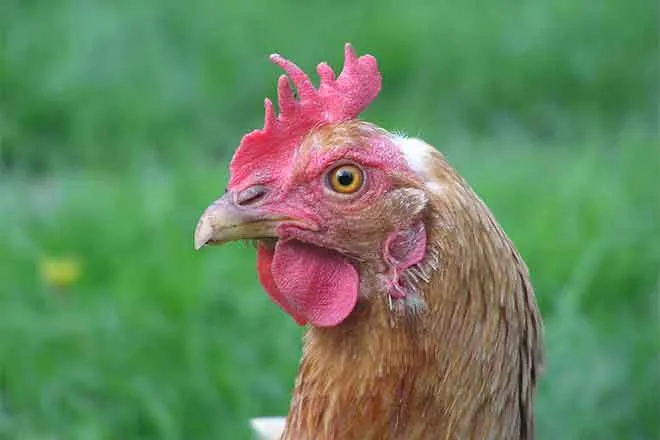
Water contamination a concern in Midwest flood aftermath
Click play to listen to this article.
(Greater Dakota News Service) As South Dakotans affected by recent record floods take stock of damages, researchers say water quality is among the concerns.
The state has been collecting damage data - but some impacts, like water contamination from livestock operations, are harder to quantify.
According to the nonprofit Food and Water Watch, coming into contact with or consuming manure-contaminated water can increase the risks of E. coli, giardia, and other waterborne illnesses. And those can lead to kidney failure, intestinal complications or cancer.

Amanda Starbuck, research director at Food and Water Watch, said public water systems are tested for these contaminants - but private, rural wells may not be.
"There's a lot of concerns about rural communities and their waters," said Starbuck, "and whether they have the ability, the financial resources, to test and to remediate any kind of contaminations that do stem from these factory farms."
Huge June rainstorms caused the Big Sioux River to swell up to 45 feet - breaking the previous record by seven feet, according to NASA, and inundating nearby farmlands.
Starbuck said South Dakota has some of the highest concentrations of confined beef, dairy and hog operations in the country.
Starbuck added that, according to a Food and Water Watch analysis, the state's factory farms produce nearly 22 billion pounds of manure each year.
"So, that's 17.5 times as much sewage as produced by the state's entire human population," said Starbuck. "So, we're talking about unsustainable amounts of livestock in these confinement operations."
She said the manure output should be of concern regardless of flooding. Still, river floodplains are expected to grow in coming years, according to a FEMA report.

















